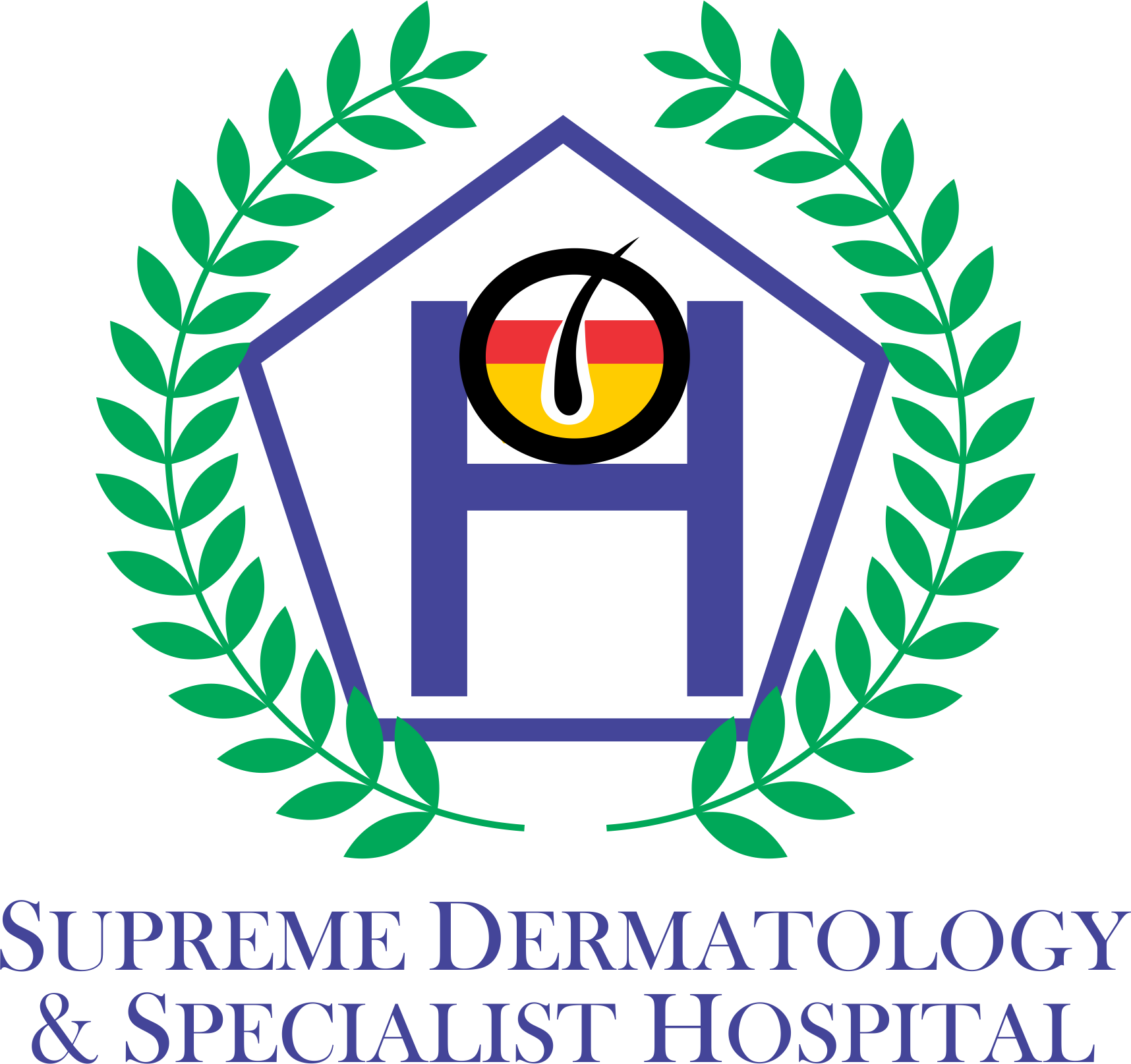Skin, hair and nail tissue are collected for microscopy and culture (mycology) to establish or confirm the diagnosis of a fungal infection.
Exposing the site to long-wavelength ultraviolet radiation (Wood lamp) can help identify some fungal infections of hair (tinea capitis) because the infected hair fluoresces green.
Specimens for fungal microscopy and culture include:
- Scrapings of scale, best taken from the leading edge of the rash after the skin has been cleaned with alcohol
- Skin stripped off with adhesive tape, which is then stuck on a glass slide
- Hair which has been pulled out from the roots
- Brushings from an area of scaling in the scalp
- Nail clippings or skin scraped from under a nail
- A skin biopsy
- A moist swab from a mucosal surface (inside the mouth or vagina) in a special transport medium.
A swab should also be taken from pustules in case of secondary bacterial infection.
Direct microscopy of skin scrapings and nail clippings
The material is examined by microscopy by one or more of these methods:
- Potassium hydroxide (KOH) preparation, stained with blue or black ink
- Fluorescent staining
- An unstained wet-mount
- A stained dried smear
- Histopathology of biopsy with special stains, such as periodic acid-Schiff (PAS).
Microscopy can identify a dermatophyte by the presence of:
- Fungal hyphae (branched filaments) making up a mycelium
- Arthrospores (broken-off spores)
- Arthroconidia (specialised external spores)
- Spores inside a hair (endothrix) or outside a hair (ectothrix).
Fungal elements are sometimes difficult to find, especially if the tissue is very inflamed, so a negative result does not rule out fungal infection.
A yeast infection can be identified by the presence of:
- Yeast cells, which may be dividing by budding
- Pseudohyphae (branched filaments similar to those of a dermatophyte) forming a pseudomycelium.
Culture of fungi
Culture identifies which organism is responsible for the infection:
- To find out the source of infection e.g. a particular animal
- To select the most suitable treatment.
Growing the fungus in culture may take several weeks, incubated at 25–30ºC.
A negative culture may arise because:
- The condition is not due to fungal infection.
- The specimen was not collected properly.
- Antifungal treatment had been used before the collection of the specimen.
- There was a delay before the specimen reached the laboratory.
- The laboratory procedures were incorrect.
- The organism grows very slowly.
The culture of yeasts and moulds may be due to harmless colonization rather than infection; this is common in an underlying skin disease such as psoriasis.
Blood tests for patients with deep or disseminated fungal infection
Blood tests are not useful for the diagnosis of superficial fungal infections. In subcutaneous and systemic mycoses, several tests may be helpful.
- Culture
- Antibodies (histoplasmosis, coccidioidomycosis)
- Antigen (cryptococcosis, aspergillosis, candidosis, histoplasmosis).
Are there any risks to the test?
There is very little risk to having any of the fungal culture tests. If a sample of your skin is taken, you may have a little bleeding or soreness at the site. If you get a blood test, you may have slight pain or bruising at the spot where the needle was put in, but most symptoms go away quickly.
What do the results mean?
If fungi are found in your sample, it likely means you have a fungal infection. Sometimes a fungal culture can identify the specific type of fungus causing the infection. But the doctor may need to carry out other tests to make a diagnosis.
Sometimes more testing is needed to help find the right medicine to treat your infection. These tests are called “sensitivity” or “susceptibility” tests. They check to see which medicine will kill the fungus or stop it from growing. If you have questions about your results, you can always contact the hospital.

